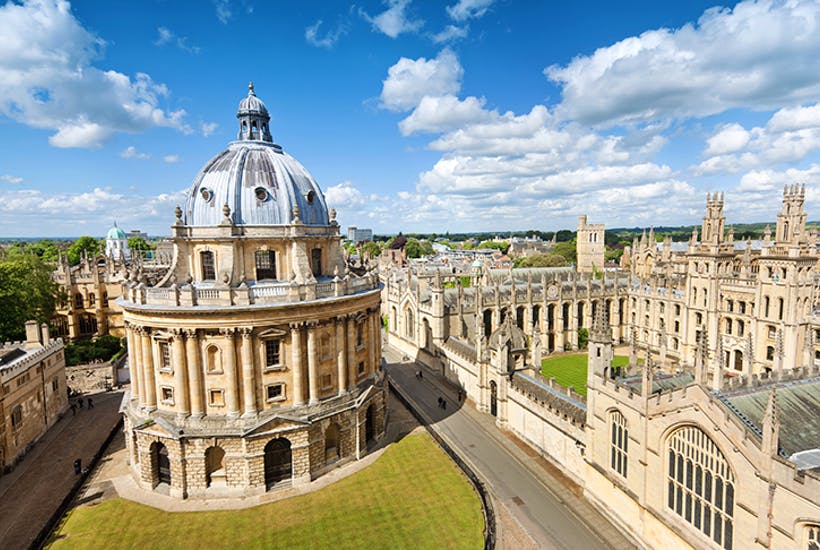Almost everyone agrees it is a pity that so few pupils from ‘disadvantaged socioeconomic backgrounds’ get into Oxford. But no one has successfully proved that it is Oxford’s fault that they do not. (I went to Cambridge, by the way, so I do not have a dog in this fight, except that I imagine the same arguments apply.) One reason that some universities, including Oxford, are classified as ‘world-class’ is that they admit the best. The definition of ‘best’ cannot refer only to native ability, but must also take some account of how well prepared a pupil is. To take an extreme example, it could be the case that an 18-year-old who can neither read nor write is a genius, but it is nevertheless not the university’s job to teach him or her the alphabet. Although the search for the best everywhere is a good thing, the constant assault on good universities over access is ill-intentioned because it tries to undermine their job — defining the best and choosing them. To exclude pupils because they have been to good schools is perverse, unjust and anti-educational. Oxford’s new idea of varying its A-level grade requirement for some applicants is not stupid, however. Perfect A* grades reveal little about the ability suitable for Oxbridge. It would be much better if Oxford and Cambridge reinstated the ‘seventh-term’ exam, which set pupils questions tailor-made for university requirements. Unlike A-levels, these tested originality and depth. Under the ‘seventh-term’ system, some pupils got in with very bad A-levels indeed, a few with none at all. But of course the universities got rid of all that more than 30 years ago, because they thought it was ‘elitist’.
You do wonder, though, what the new young entrants will learn when they get there. A friend draws my attention to TORCH, the magazine of the Oxford Research Centre in the Humanities. Its lead article this month, by Dr Amanda Power, associate professor in medieval history at Oxford, takes the view that Notre Dame cathedral should not be restored. This is because of the climate change emergency, she thinks. ‘Many people in the global south are staring the collapse of a functioning society in the face.’ Therefore it is wrong to spend more than a billion euros on ‘a western monument which helped create these conditions’. Notre Dame was a typical product of medieval Christian states, which attacked the religions of non-Europeans so they could justify ‘cutting down their sacred trees’ and invading them. So, she argues, leave Notre Dame in ruins: ‘Let it stand as a symbol of the damage that our climate denial and environmental entitlement have already caused our planet.’ On she goes about how the elite which built Notre Dame wore furs, causing beavers, wildcats ‘and most other fur-bearing animals bigger than a weasel’ to have a rough time. The same went for ‘sturgeon and some native salmon’, she adds. The only question I would ask of Dr Power is ‘Why stop at Notre Dame?’ Surely it’s time for TORCH to set fire to the medieval, western, environmental rapist otherwise known as Oxford University, and then give lectures about its iniquity among its smouldering ruins.
This article is an extract from Charles Moore’s Spectator notes, available in this week’s magazine.







Comments